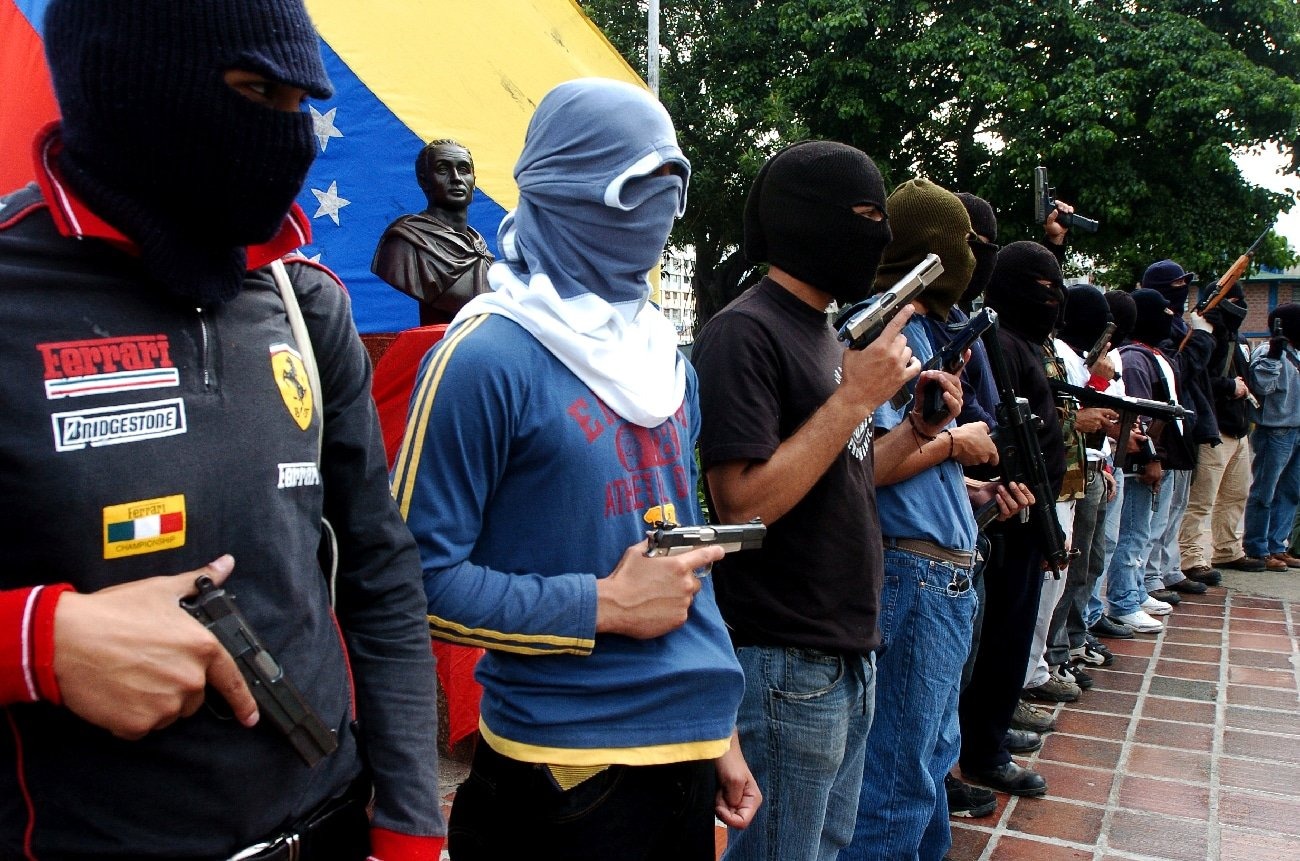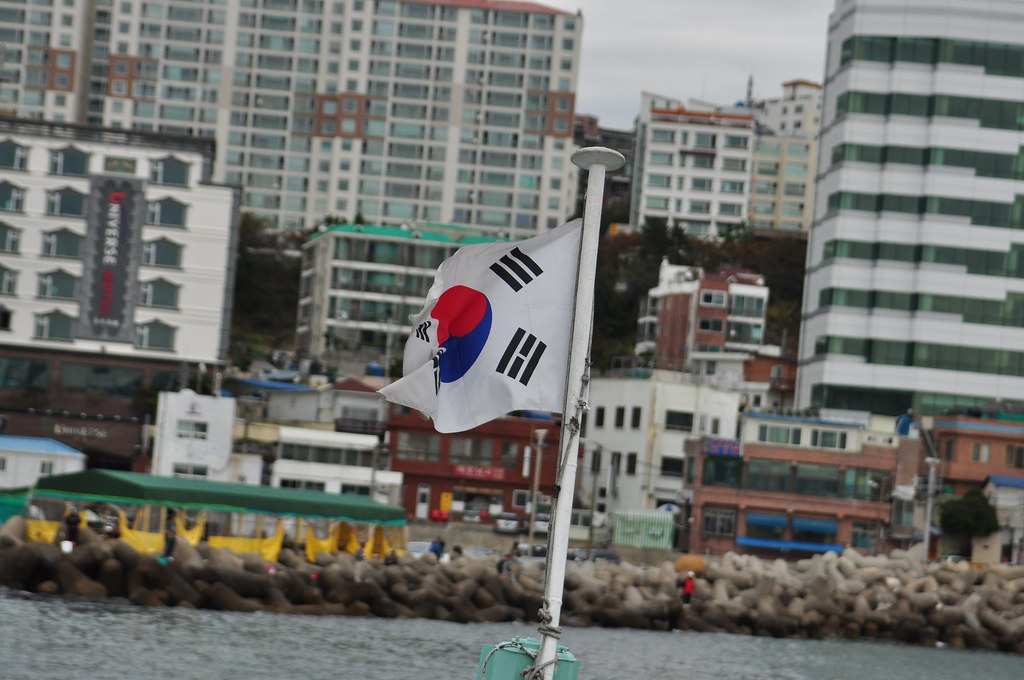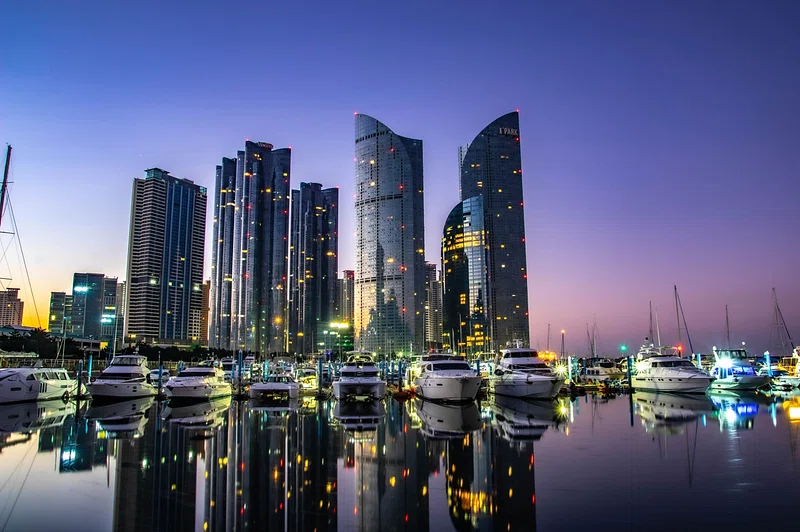By Matija Šerić
Starting in 2018, Tren de Aragua expanded its operations beyond Venezuela’s borders. It became the first Venezuelan criminal organization to achieve international status. In Venezuela, unfortunately, crime has been a phenomenon lasting for decades, and the humanitarian crisis that erupted in the 2010s only amplified this negative trend. In 2018, the gang tried to establish itself as the main criminal organization on the troubled Venezuelan-Colombian border. There it clashed with Colombia’s main outlaw guerrilla groups—the communist National Liberation Army (ELN) and the right-wing paramilitary narco-group Clan del Golfo (AGC).
International Expansion
Amid Venezuela’s refugee crisis, the gang spread across Latin America. It established control near the Colombian border town of La Parada, where many migrants arrive in Colombia. Tren de Aragua began systematically exploiting Venezuelan migrants, charging them high fees for passage, smuggling them across Colombia, and forcing them into prostitution. In addition, gang members covertly followed Venezuelans into the countries they emigrated to and set up cells there. At first, they focused only on exploiting their fellow countrymen, but over time they began committing crimes regardless of nationality.
From 2018 to 2025, the presence of the organization’s members was confirmed in Colombia, Peru, Bolivia, Ecuador, Brazil, Chile, Panama, and other Latin American countries—and beyond. The gang first entrenched itself in border regions, then in large urban centers such as Lima, Bogotá, and Santiago de Chile. As the gang’s cells grew stronger, so did the violence against rivals from the criminal underworld, while at the same time alliances were forged with various prison groups and drug cartels.
Report about the gang
Strong Presence in Peru
Gang members began secretly arriving in Peru between 2016 and 2018 along with Venezuelan migrants. The number of migrants in the country rose from 400,000 in 2018 to 1.5 million in 2023. Thus, the Venezuelan diaspora in Peru became the largest after Colombia’s (2.8 million). Because of Tren de Aragua’s strong presence in Peru, xenophobia against Venezuelans began to develop among the local population. After clashes between Peruvians and Venezuelan migrants at Lima’s Gamarra market, the Los Gallegos branch of Tren de Aragua released a video stating: “There will be no peace for Peruvians who support xenophobia. We will start killing all Peruvian drivers,” directly threatening the lives of local taxi drivers.
Grenade attacks on hotels, dismembered body parts of victims left on the streets in plastic bags, and numerous people turned into sex slaves firmly imprinted the gang in the public consciousness of Peru’s citizens. The state responded, and in 2023 alone at least 183 members of the organization were arrested. In April 2024, Peruvian Prime Minister Gustavo Adrianzén declared Tren de Aragua public enemy number one. But this did not deter the Venezuelans operating as part of the criminal network. Extortion continued against hotels, restaurants, transport companies, construction firms, and other businesses.
Terror in Chile
In recent years, Tren de Aragua has been particularly active in Chile. Several cases of brutal killings have been recorded. Some bodies were riddled with more than 15 bullets; others showed signs of torture before being dumped or buried in the desert. These horror scenes were something Chile—a relatively peaceful and safe South American country—was not accustomed to. Since the gang’s arrival on Chilean territory, cases of teenage girls and women being abused for sexual exploitation (especially Venezuelans), as well as extortion, drug trafficking, torture, and murder have been reported. In the Santiago metropolitan area, the average of six to eight kidnappings per year rose to 26 cases in 2021, 46 in 2022, and 50 in 2023.
In one major operation carried out by Chilean police in 2023 to dismantle the gang, it became clear that the organization functioned like a classic business company. Gang members had purchased a modern bus that ran routes in northern Chile. The bus carried 28 illegal migrants and was loaded with 141 kilograms of drugs. Police managed to arrest 11 gang members. At first glance, it seemed like an ordinary bus company, but the drivers were trafficking migrants and transporting narcotics.
In March 2024, Chilean state prosecutor Héctor Barros accused Tren de Aragua of the kidnapping and murder of Venezuelan dissident and former military officer, 32-year-old Ronald Ojeda. Barros did not rule out political motives—that the group had carried out dirty work on behalf of structures within Nicolás Maduro’s regime. The Chilean prosecutor even accused Venezuelan Interior Minister Diosdado Cabello of ordering the killing and paying the hitmen. Whether true or not, this once again demonstrated the organization’s power in Chile. Today, the group operates in 14 of Chile’s 16 provinces.
Stronghold in Colombia
In Colombia, the organization has its strongest base due to its proximity to Venezuela. Beyond the border regions, the center of Tren de Aragua’s operations is in the capital Bogotá. As elsewhere, its main activities are migrant smuggling, human and drug trafficking, prostitution, and extortion. What is unique, however, is the gang’s ownership of some prestigious nightclubs that host foreign DJs, and the fact that certain police officers were reportedly on Tren de Aragua’s payroll.
The weakness of the Colombian state has allowed criminals to penetrate its institutions. Between 2022 and 2023, Colombian authorities documented at least 57 cases of bodies wrapped in garbage bags, many dismembered and bearing signs of torture. It remains unclear how many of these murders were committed by Tren de Aragua and how many by other gangs. Interestingly, unlike in Bogotá and other cities, the gang failed to establish itself in Medellín—the former stronghold of Pablo Escobar’s Medellín cartel. The reason lies in the city’s well-organized underworld, which resisted the Venezuelan criminals.
Operations in Argentina
On May 29, 2025, Argentina’s Security Minister Patricia Bullrich announced the arrest of 12 alleged Tren de Aragua members, accused of several crimes: armed and bomb attacks on supermarkets, butcher shops, and hardware stores. The attacks resulted in fatalities. This year, the Argentine government classified the gang as a terrorist organization in an effort to remove it from its backyard.








